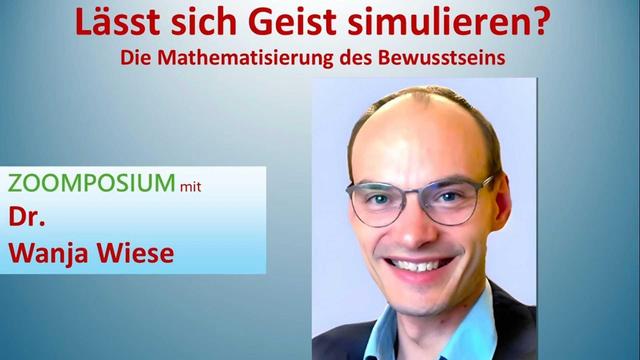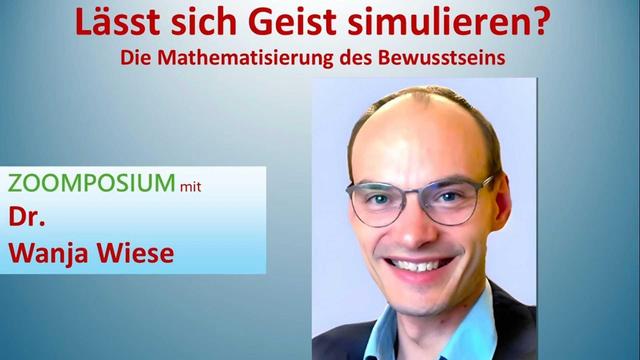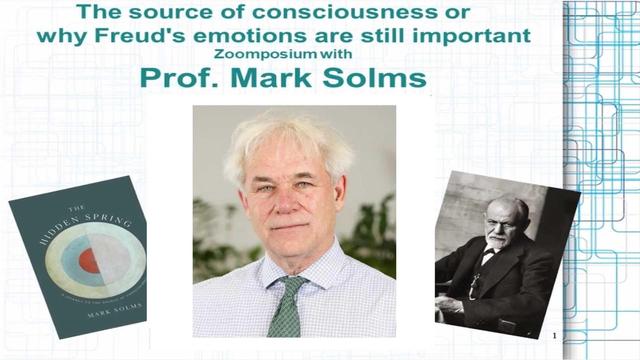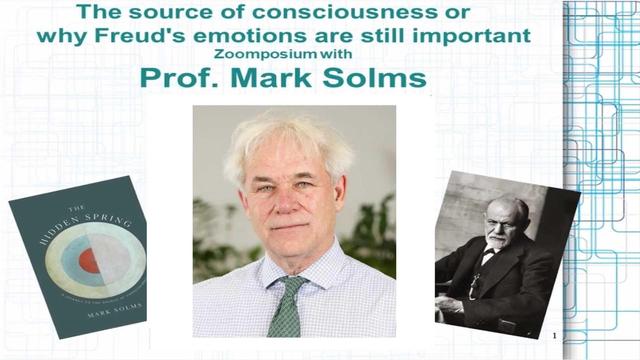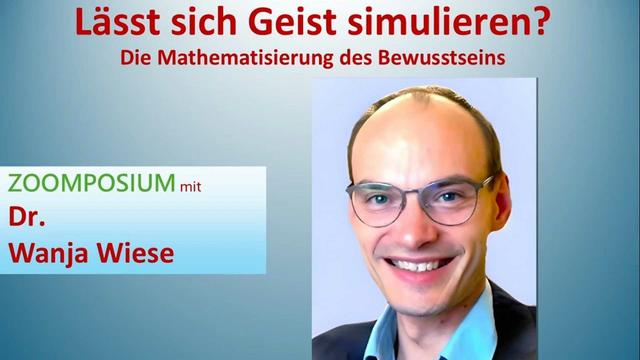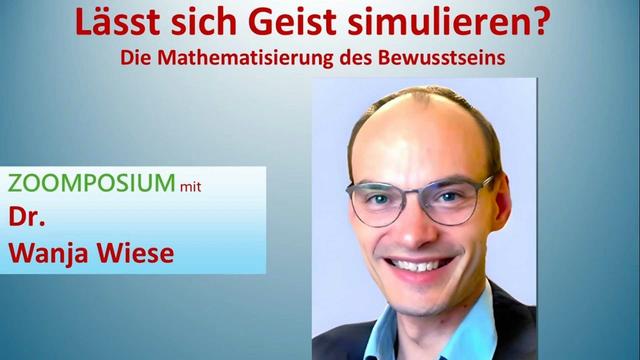#Zoomposium with Dr. #WanjaWiese: “The #Mathematization of #Consciousness – can #Mind be #simulated?” 🤔
Fascinating talk on #Philosophy, #predictivecoding & the #FreeEnergyPrinciple – from #ThomasMetzinger to #KarlFriston.
Blog: 👉 https://philosophies.de/index.php/2024/08/22/mathematisierung-des-bewusstseins/ or Spotify: 👉https://open.spotify.com/episode/2D3DhRzjR72trChRlfnWJB?si=j9ehnyJ3S1qDtj0eRIaXGg
#AI #Neuroscience #PhilosophyOfMind #Consciousness #Science #Bewusstsein #GeistPhilosophie #Erkenntnistheorie #PhilosophieDesGeistes
